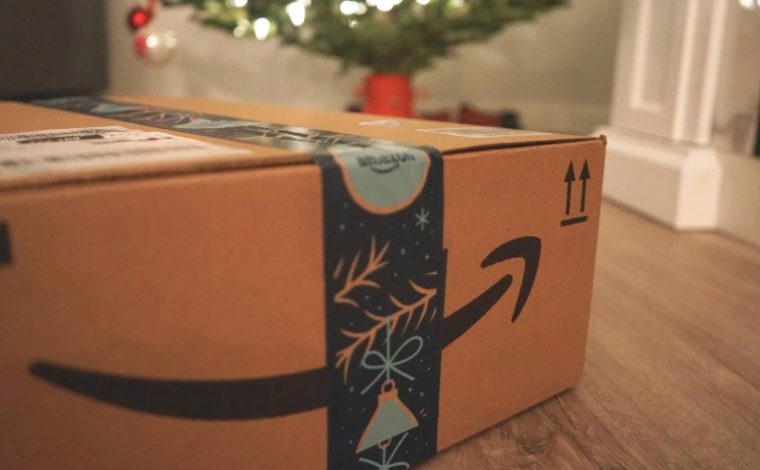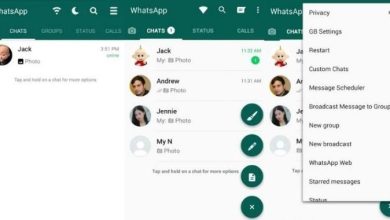How to Sell your Amazon FBA Business

Amazon continues to grow its market share in America. For example, Prime Day 2020 saw third-party sellers generate over $3.5 billion in sales. The top-selling products were diapers, mouthwash and wine. Amazon boasts more than 300 million customers around the world and 90 million Prime subscribers in just the U.S.
COVID-19 has accelerated the transition from in-store shopping to eCommerce.
- Online holiday 2020 sales reached $201 Billion, compared to $138 billion in 2019.
- Over $41 billion was spent by consumers on eCommerce in November and December 2020.
- A majority of holiday gift-buyers said they purchased most of their gifts online, with 45% saying so.
Amazon FBA (Fulfillment By Amazon) businesses can benefit from the rapid transition to eCommerce. Well-managed companies are highly valuable. An experienced business broker can help you sell an Amazon FBA company. These experts will help you make informed decisions and accelerate the sale process.
Types Of Amazon FBA Businesses
Your profitability is determined by the products you choose, fluctuations in prices, and competition. This determines your business value. These strategies may be used by an FBA company.
Operating as a Reseller
Resellers are wholesalers who make a profit on the retail price. Because other companies may also be purchasing the same product, resellers might face high competition.
It may be difficult to find products at wholesale prices due to increased competition. Resellers can lose any profit if there are small profit margins.
Managing Private Label Business
Private Labeling is when you have a contract in place with a supplier who creates your product under a brand that you control. These are some of the factors to consider:
- You can concentrate your marketing efforts on private label products that sell well. Resellers on the other side often need to find new products when their existing products are not profitable.
- Private label businesses control product supply. This is not the case for resellers.
- One competitor might sell a product similar under a different label.
Running a Proprietary Product Business
FBA businesses that are most appealing sell unique products that are not available elsewhere. This allows sellers to manage the supply and set the selling price. You can build repeat business by providing excellent customer service and avoiding discounting your prices. To see how your business is doing, buyers can look at your Amazon Best Selling Rank.
Talk to a broker about your business and they can help you develop a marketing plan that will appeal to potential buyers.
Outsourcing
Are you looking to hire freelancers, an outside company or someone to ship your products to Amazon Fulfillment Center or handle customer inquiries? Are you able to personally monitor inventory levels or do other members of your staff?
It is much easier to sell a business that can function without your involvement.
Protecting your Market Share
Buyers want to know whether you are able to source your product reliably, either as a wholesaler or private label seller. You’ll be better placed to compete against your competitors if you build customer loyalty.
Developing a Product Niche
There are many benefits to selling products in a niche. The niche helps build brand awareness for your business. Sellers also gain more information about their customers.
Is it possible to sell an Amazon FBA company? The sale of an Amazon FBA business can be made easier by a business broker.
How a Business Broker can Help
Due to technological advancements and changing customer preferences, ecommerce is constantly evolving. It is important to put your time into the business. Finding hours to work on a sale may be challenging. A broker can help you with many aspects of the business sale process and help keep it on track.
Marketing & Finding a Buyer
The broker will help you identify the key factors that make your business appealing to buyers and include them in the marketing materials.
The broker maintains a network that includes attorneys, accountants, and investors who buy businesses. Your broker will use the network to find buyers, and to provide marketing materials to the most qualified candidates.
Managing Due Diligence
Once a buyer has been identified, your broker can help you collect documentation to support the due diligence process. Before any records can be provided, the buyer must sign a nondisclosure agreement. The broker will know what documents are required and will ensure that the document review process is on track.
Read More : Amazon PPC Tips to boost sales






